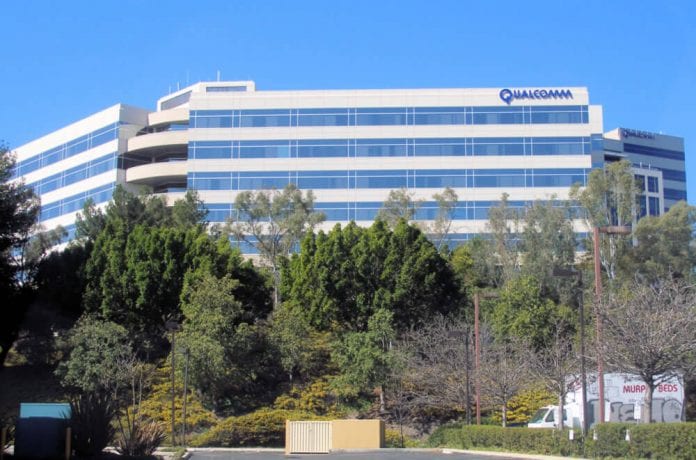QUALCOMM, Inc. (NASDAQ:QCOM) has announced a partnership with South Korean firm KT Corp (ADR) (NYSE:KT) to create an IoT gateway solution for ATMs. The platform will be an Internet of Things system based on LTE.
The IoT solution will be generated with a blend of KT’s experience and know-how in IoT security including device control and integrated control. Qualcomm will incorporate its microchip technology as well as handling the entire solution. The ATM project is the biggest joint business that the two companies have collaborated on since they struck a deal to make equipment oriented towards secure IoT gateways in January.
The agreement signed on January 29 involved numerous officials from both companies including Taewon Lee, the senior VP of Qualcomm’s division in Korea and Jae-ho Song, Senior VP of KT’s convergence office. The two will also be joined by an SME company called Mexus, whose specialty is WCDMA/LTE gateway solution development. The SME will be joining them as part of an SME invigoration and creative economy policies made by the Korean government.
The technology from Mexus will be an integral part of the technology because it will allow the sending and receiving of data through the IoT gateway through LTE/WCDMA. The gateways will also support low-power communication features such as Bluetooth and WIFI.
Tech industry experts believe that the IoT industry has a lot of potentials and that its economic value will range between $300 billion to $9 trillion by the year 2025. They also suggest that there are numerous risks that will ensue as the internet of things takes root. Cybercrime is on top of the list of items creating worry for the industry as digital technology becomes more vulnerable to advanced threats.
Lee Te-won released a statement saying that the initiative seeks to support various emerging IoT technologies in partnership with Korea Telecom as part of taking advantage of what the three firms have to offer. Both firms also added that LTE-based IoT security technologies will open doors for numerous other technologies. The initiative will also benefit ATM technology by reducing costs by as much as 50%.
Sources: zdnet, netmanias









